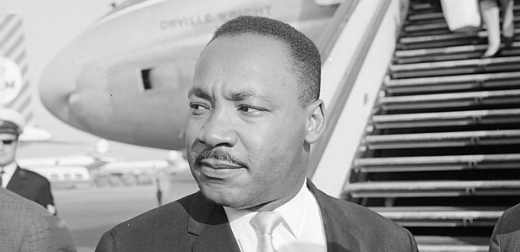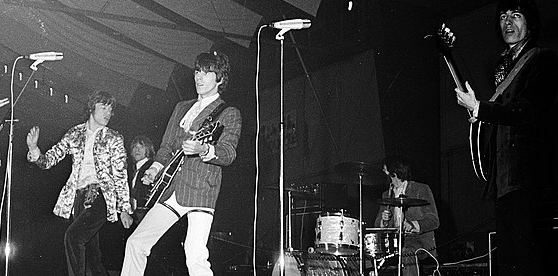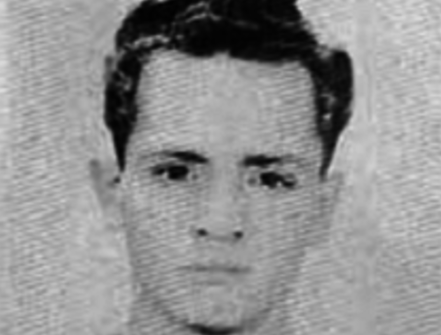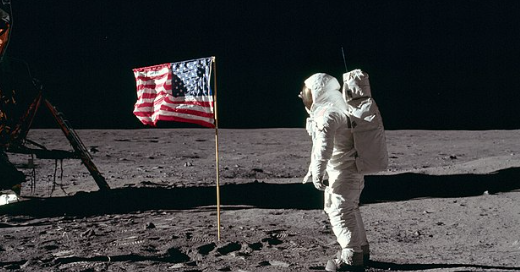The 1960s were a transformative decade that reshaped the world as we know it. From civil rights marches to groundbreaking cultural shifts, these defining moments left an indelible mark on history. It was a time of revolution, innovation, and inspiration, where bold ideas collided with the challenges of a rapidly changing society. These snapshots from the ’60s capture the spirit of a decade that dared to dream big, fight hard, and create lasting change. Each moment tells a story of courage, creativity, and resilience, reminding us why the 1960s continue to resonate as one of history’s most pivotal eras.
The Assassination of Martin Luther King Jr.
On April 4, 1968, civil rights leader Dr. Martin Luther King Jr. was assassinated in Memphis, Tennessee. King, who had led the nonviolent movement for racial equality, was shot on the balcony of the Lorraine Motel by James Earl Ray. His assassination sparked riots in cities across the U.S. and deepened the nation’s racial divide. King’s death was a devastating blow to the civil rights movement, but his legacy of fighting for justice and equality lives on.

Getty Images
The Woodstock Festival
Woodstock was more than just a music festival—it was a defining moment for the counterculture movement of the 1960s. Held in August 1969 on a farm in upstate New York, Woodstock attracted over 400,000 attendees. Even though the festival was marred with terrible weather, logistical issues, and more audiences than expected, Woodstock is remembered for its peaceful atmosphere and legendary performances. Woodstock embodied the ideals of the hippie generation, marking the peak of the era’s youth-driven cultural revolution and cementing its place as a landmark event in music history that we’re still chasing today.

Getty Images
Chaos at the Altamont Free Concert
Just months after Woodstock, the Altamont Free Concert was intended to be a West Coast counterpart to the peace and love of Woodstock, but it ended in chaos and violence. Held in December 1969, the concert featured performances by The Rolling Stones, Jefferson Airplane, and more. Poor planning and the absurd decision to hire the Hells Angels as security brought Altamont to the ground. Fights broke out, and tragically, an audience member, Meredith Hunter, was stabbed to death by a member of the Hells Angels. If Woodstock showed the highs that the hippie generation could reach, Altamont proved that the lows are always lower than you think.

Getty Images
The Manson Murders
The Manson Family murders in 1969 shocked the nation and brought an end to the innocence of the 1960s counterculture. Charles Manson, a charismatic cult leader, orchestrated the brutal killings of actress Sharon Tate and six others in Los Angeles. Manson and his followers believed they were sparking an apocalyptic race war, which Manson called “Helter Skelter.” The gruesome murders sent shockwaves through Hollywood and across the world, exposing the darker side of the freewheeling, anti-establishment spirit that had defined much of the decade. Manson was later convicted, and the case remains one of the most notorious crimes of the 20th century.

Getty Images
America Touches Down on the Moon
On July 20, 1969, astronauts Neil Armstrong and Buzz Aldrin became the first humans to walk on the moon during NASA’s Apollo 11 mission. As Armstrong famously declared, “That’s one small step for man, one giant leap for mankind,” millions of people around the world watched in awe as the United States achieved what was once thought impossible. It’s an understatement to say that the moon landing was a defining moment in the Space Race between the U.S. and the Soviet Union, and that it showed what mankind can do when we put our minds to something. This is one of humanity’s greatest accomplishments and we can’t ever forget that.

Getty Images
